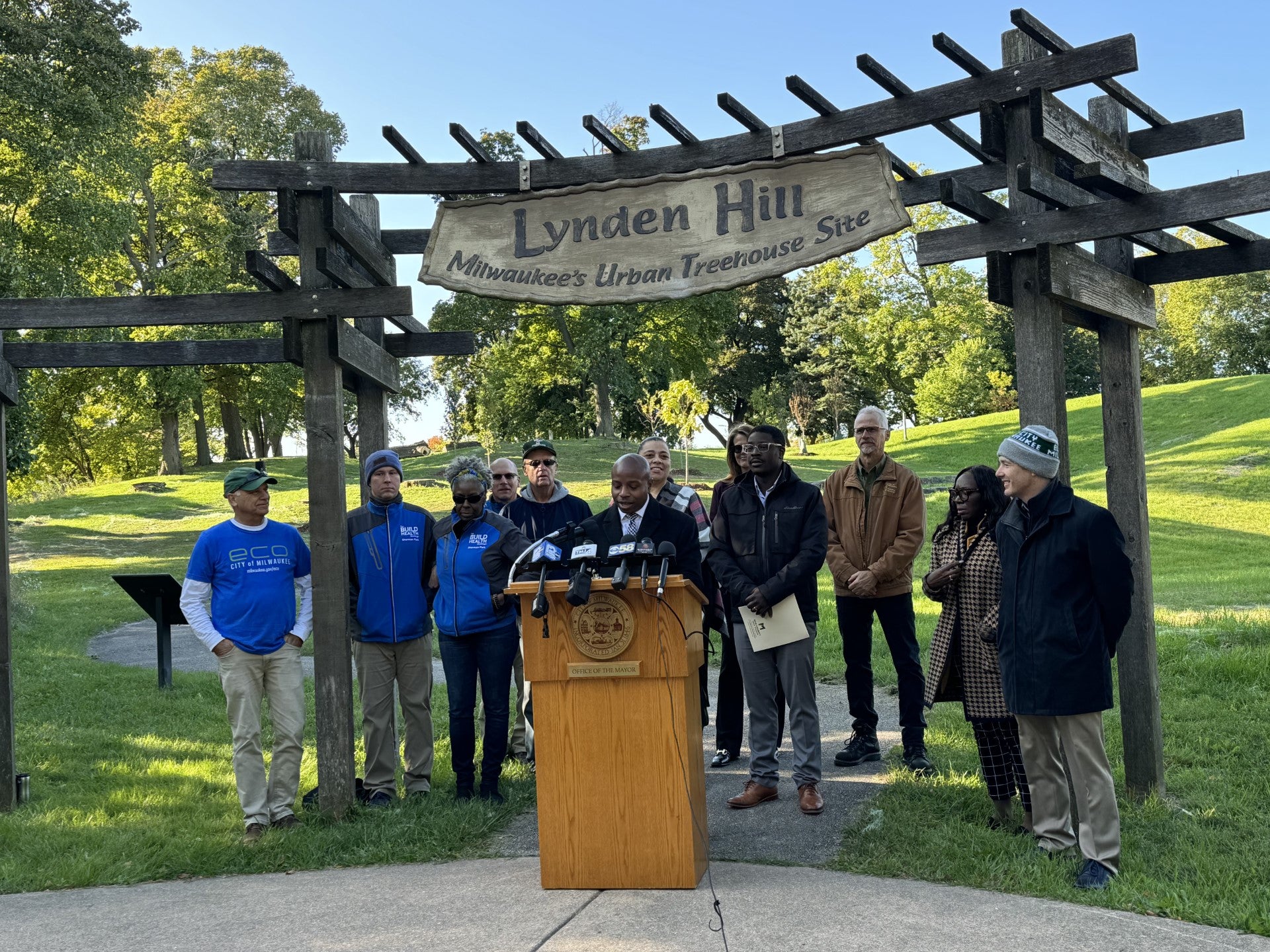After calling broadband network access a “necessity,” President Barack Obama is pushing to make internet services more affordable and available nationwide. Our guest says this move could help bolster the middle class. Then, we learn about living better from cultures around the world, and explore the decline of gathering as a community at a local tavern or diner.
Featured in this Show
-
Why One Scholar Says Happiness Isn't A Personal Responsibility
Happiness is often treated like an individual responsibility. Self-help guides say happiness is attainable by exercising more, finding a hobby, living in the present, or through self-acceptance — and by telling people that, the industry makes about $10 billion a year.
But, not everyone agrees that happiness or well-being is in the hands of the individual. Ted Fisher, professor of anthropology at Vanderbilt University, said he believes that it’s actually more of a societal state of being.
“Our happiness depends on the happiness of people around us or the well-being of people around us,” said Fischer.
According to Fischer, happiness is tied up in aspirations, morals, dignity and a sense of purpose. In order to feel those things, the right social structures have to be in place, he said.
“I think it’s something inherent to human nature that we aspire to something more,” said Fischer. “We need structures that allow us the opportunities to realize those kinds of aspirations. If we don’t have those kinds of structure in place, we get really frustrated.”
Sense of dignity can often be associated with the job or profession a person has, which Fischer says has a strong connection to the way jobs are framed socially. He points to farmers in Guatemala who see working the land as a virtuous act, and bike mechanics in Germany who go through rigorous training for their jobs — both examples of how all kinds of work can be connected to a sense of dignity.
Fisher said that kind of dignity can be lacking the U.S.
“We’ve seen lots of economic inequality over the last decades,” said Fischer. “It’s become in some ways an economy of ‘haves’ and ‘have nots,’ and I fear that at the bottom end of that spectrum we have a lot of jobs with less dignity than we used to.”
Fischer points to high-tech companies as being successful in making their employees feel that the work they do has broad applications and is improving the world — something he says all people want to feel.
Ultimately, when it comes to money, Fischer subscribes to some pretty conventional wisdom: It doesn’t necessarily buy happiness.
“We would all like to make more money, but if we pin all of our hopes to things like that, I think it’s ultimately disappointing,” said Fischer.
-
President Obama's Plan To Expand Broadband Access Nationwide
Last week President Obama unveiled his plans to expand fast and affordable broadband access nationwide. An expert on telecommunications discusses the president’s plans, and how they would bolster the middle class.
-
Lessons From Around The World on Living The Good Life
An anthropologist scans the world for lessons on living the good life. He has advice for us, and for policy-makers, on how to boost our satisfaction with our lives.
-
Diners, Taverns, And The Death Of The American Watering Hole
Diners and taverns used to function as a “third space”–where people could gather outside of work and home, and interact with their community. A guest says we’ve lost that public space, and the internet isn’t really a replacement.
Episode Credits
- Rob Ferrett Host
- Veronica Rueckert Host
- Ted Fischer Guest
- Susan Crawford Guest
- Deane Barker Guest
- Amanda Magnus Producer
Wisconsin Public Radio, © Copyright 2024, Board of Regents of the University of Wisconsin System and Wisconsin Educational Communications Board.



